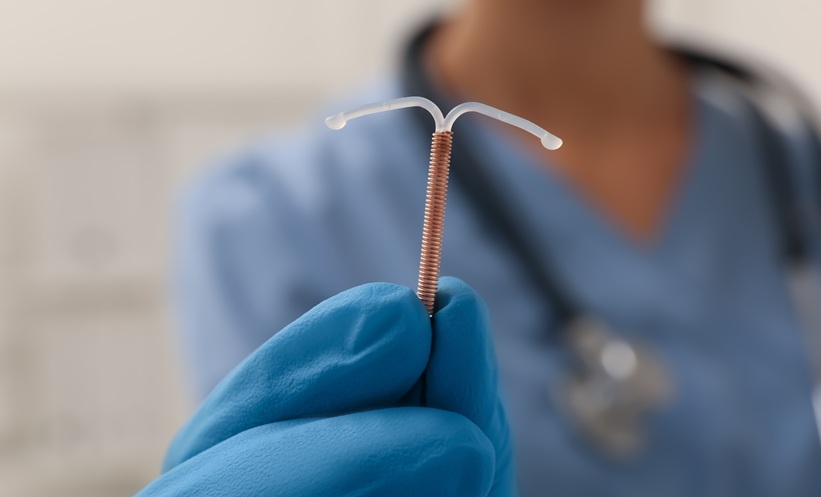NEW findings presented at the 41st Annual Meeting of the European Society of Human Reproduction and Embryology (ESHRE 2025) suggest that paternal age over 45 significantly increases miscarriage risk and reduces live birth rates, even when using donor eggs from young, healthy women.
The large retrospective study analysed over 1,700 first-time donor egg IVF cycles carried out across six fertility clinics in Italy and Spain between 2019 and 2023. All cycles involved frozen sperm and fresh oocytes from young donors (mean age 26), and focused exclusively on single blastocyst transfers to minimise variables. The average age of female recipients was 43.
While embryo development and fertilisation rates were similar across all participants, outcomes varied based on paternal age. In couples where the male partner was over 45, miscarriage rates were significantly higher, 23.8% compared to 16.3%, and live birth rates were notably lower, at 35.1% versus 41% in younger men.
“Traditionally, the focus in fertility treatment has been on maternal age,” said Dr. Maria Cristina Guglielmo, embryologist at Eugin Italy. “But this study shows that even in tightly controlled donor egg cycles, advancing paternal age independently affects outcomes.”
Dr. Guglielmo explained that sperm from older men is more likely to carry DNA damage, genetic mutations, and chromosomal abnormalities due to years of cell division. These biological changes may impair embryo viability and contribute to higher miscarriage rates.
She called for greater awareness and counselling around paternal age in fertility care. “Our findings underscore the need to inform male patients that their age matters too.”
Future studies will explore how these age-related sperm changes impact long-term child health, including risks of neurodevelopmental disorders.
Reference
Guglielmo MC et al. Advanced paternal age affects miscarriage and live birth outcomes following the first transfer in oocyte donation cycles. Human Reproduction. 2025. ESHRE Annual Meeting, 29th June–2nd July, 2025.








